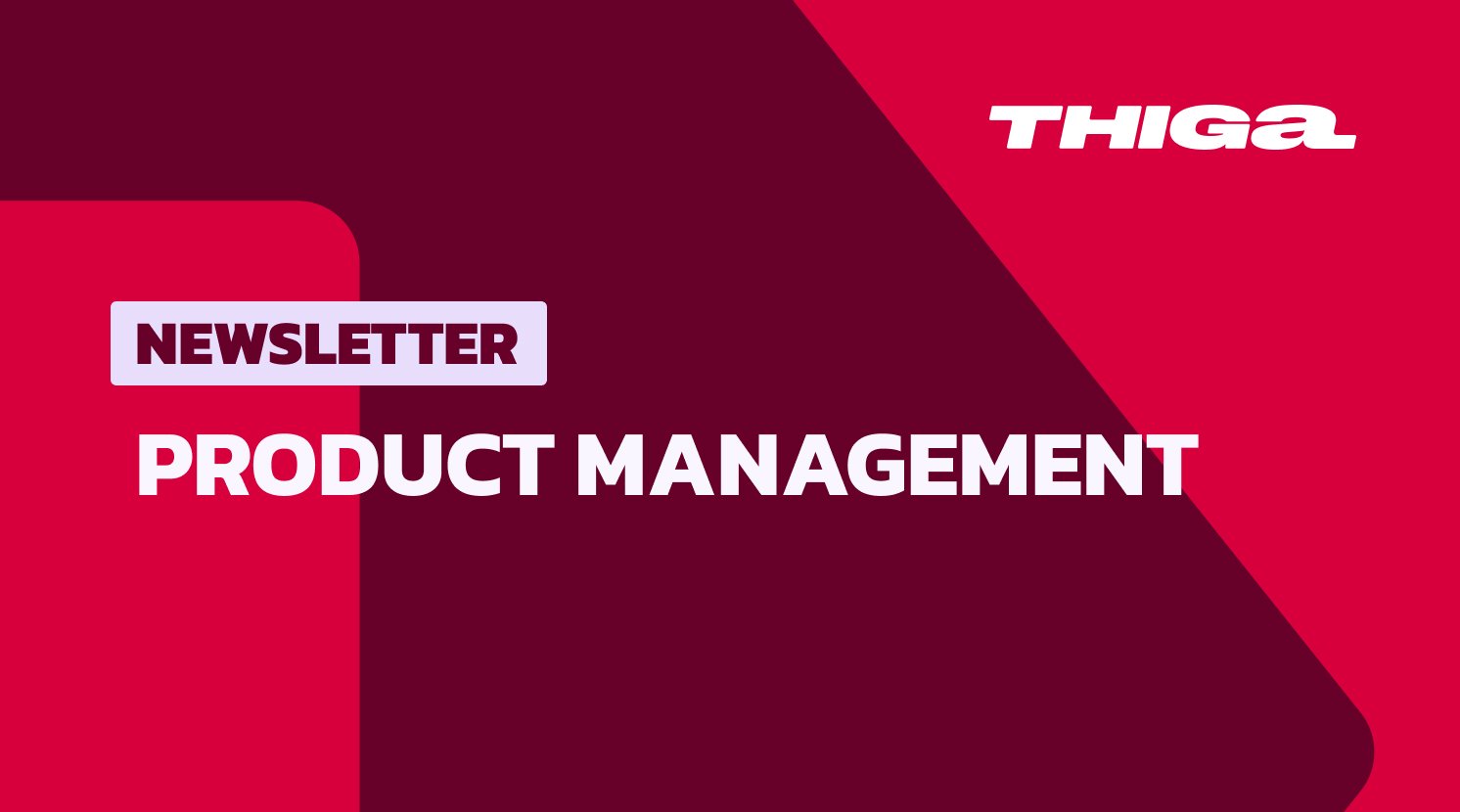Product Ops is one of the latest in the "Ops" family (short for "Operations"), following Dev Ops, Sales Ops, or Market Ops. Its chosen field? The same as that of a Product Manager. Its role? Like all Ops roles, its goal is to make the organization more efficient by solving cross-functional problems that an individual or team could not solve alone. You get the general idea of its role, but what exactly does it do? And where does it fit in an organization that already has many roles? That's what I'll tell you in this article.
🤔 A ProductOps, Why Not. But for What Missions?
There is no universally accepted definition or job description, but we can identify four main responsibilities.
1# Create a Favorable Environment for Building the Right Product:
- Spread the user-centric culture within the organization;
- Standardize job descriptions and career paths for Product Managers;
- Optimize the onboarding of new Product Managers;
- Provide Product Managers with the right resources to help them progress.
2# Implement Processes and Tools Adapted to Product Teams:
- Recommend the most relevant tools for Product teams;
- Automate certain product-related processes using these tools;
- Coach teams on the use of tools and best practices;
- Enable product experiments and link them to the company’s strategy;
- Help Product teams optimize the product development process and gain consistency, especially when teams are spread internationally.
3# Promote Alignment and Communication:
- Ensure alignment between different roadmaps and the Product strategy;
- Help manage OKRs (or any other strategic framework);
- Ensure communication of Product choices and the roadmap in three circles:
- First circle, the Product team: developers, QA, and DevOps;
- Second circle, the company: stakeholder alignment and decision communication;
- Third circle, the rest of the world: communication of the roadmap and product vision to users/customers.
4# Provide Product Teams with All Useful Data, Using Maximum Sources:
- Ensure continuous collection of qualitative and quantitative data;
- Provide easily exploitable product and business data and insights for Product Managers.
Beyond these four responsibilities, if you want to know if this role is relevant for your organization, I invite you to read this article: "Product Ops, the Missing Piece in Your Product Organization?"
👩💻 The Role of Product Ops in a Company’s Organization
Product Ops does not aim to replace roles but rather to complement them. However, it is essential to be vigilant to avoid cannibalizing existing roles, particularly that of the Product Manager.
Product Ops and Product Manager
The first observed risk is dispossessing the Product Manager of certain responsibilities that are key to the balance of their function. In Uber's model, Product Ops is in charge of defining the product's scope: consolidating needs and feeding the roadmap. This positioning, which aims to optimize the "time-to-market" of features, clearly conflicts with one of the main tasks of the Product Manager.
Conversely, the second risk is considering Product Ops as an assistant to Product teams, performing low-value, tedious tasks like ad hoc reporting or dashboards. In practice, the Product Ops is not responsible for roadmap choices or prioritization. Their goal is to provide Product Managers with all the elements to make informed decisions based on data or user feedback.
Product Ops and Design Ops
As the name suggests, Design Ops focuses on improving the organization and processes of Design teams.
Just as in a team with a Product Manager and a Product Designer where the scope of each must be defined, the same issues arise between a Product Ops and a Design Ops. The key is to ensure that processes around discovery and user research are co-constructed so that Product Managers and Product Designers can work effectively without undermining each other.
Product Ops and Agile Coach
In France, it appears that the golden age of Agile transformations, heavily oriented towards delivery, is ending, replaced by Product transformations driven by a growing interest in user research and discovery.
Agile coaches still play a significant role in Product teams, but we increasingly see Agile coaches being replaced by Product Ops.
In contexts where Product Ops and Agile coaches coexist, it is crucial that both speak with one voice to avoid creating confusion within teams. Generally, in these contexts, the Product Ops focuses on all phases other than delivery, which they delegate to the Agile coach.
In summary, Product Ops is a catalyst: it maximizes the efficiency of the entire product value chain while ensuring the coherence of the product approach at scale (automation and tooling).
To learn more: download our book Product Oriented organizations


